National Treasure: Can Yewtree-inspired drama tell us anything new?
Robbie Coltrane's portrayal of a TV presenter accused of past sex crimes adds depth to a familiar tale, say critics
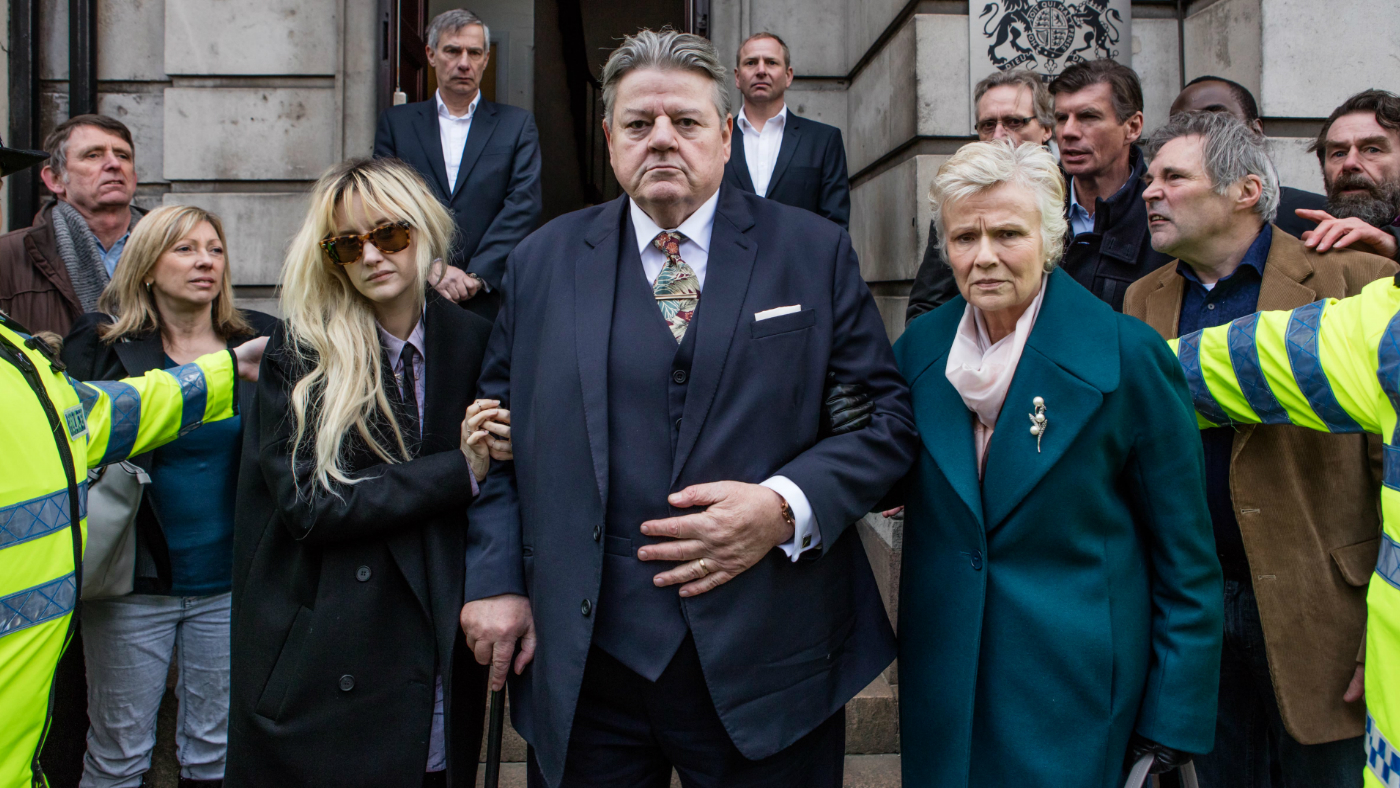
A free daily email with the biggest news stories of the day – and the best features from TheWeek.com
You are now subscribed
Your newsletter sign-up was successful
National Treasure, a new Channel 4 drama about a television presenter accused of a past sex crimes, is troublingly close to real events, but aims for complexity over tabloid platitudes.
The four-part drama, which started last night, is scripted by This is England and Skins writer Jack Thorne and stars Robbie Coltrane as Paul Finchley, a comedian in the twilight of his career who is accused of committing a series of rapes in the past.
Julie Walters co-stars as his wife, Marie, alongside Andrea Riseborough as their daughter, Dee, and Blackadder's Tim McInnerny, who plays Paul's former comedy partner, Karl.
The Week
Escape your echo chamber. Get the facts behind the news, plus analysis from multiple perspectives.

Sign up for The Week's Free Newsletters
From our morning news briefing to a weekly Good News Newsletter, get the best of The Week delivered directly to your inbox.
From our morning news briefing to a weekly Good News Newsletter, get the best of The Week delivered directly to your inbox.
"It can't have been too hard for writer Jack Thorne to find inspiration for the comedian on trial here," says Sam Wollaston in The Guardian, adding that "a dark, Yewtree-shaped shadow hangs over it" – a reference to the real-life investigations into historic sex abuse.
The drama is "real to the core", including the events, the police investigation, the fishing, the press and the issues, he continues, while Finchley – "extraordinarily" portrayed by Coltrane - is "not simply a monster, to be run out of town by the mob, but a complex character who demands, if not sympathy, then at least some attempt at understanding".
What's apparent throughout this "dark" and "gripping" drama is the amount of research Thorne has put in, says Morgan Jeffrey on Digital Spy. Where it really shows is in the little details, such as when Finchley's interrogator pretends to be a fan, to flatter him and convince him to open up, which is drawn from a real officer's testimony.
In fact, a surprising amount of National Treasure is drawn from real life, continues the critic. The result is "unflinching without feeling exploitative, brought to incredibly authentic life".
A free daily email with the biggest news stories of the day – and the best features from TheWeek.com
"Actually, National Treasure suffers conceptually from our over-familiarity with real-life narratives," says Andrew Billen in The Times. When Finchley laments, "They think I am Jimmy f***ing Savile", we are "just as likely to think he is Rolf Harris or Stuart Hall or, equally, the exonerated Paul Gambaccini or Jim Davidson", says the journalist.
Some will watch to see if Finchley is guilty, but to keep us interested it has to offer us something more, like "a compulsive lead character", adds Billen, concluding that fortunately, it's off to strong start with Coltrane in the title role.
Indeed, the subject of historical abuse of children by famous entertainers is "so raw" that it is easy for a television drama to get it wrong, says Jasper Rees in the Daily Telegraph. But this "hefty landmark drama", with a "superb" Coltrane, favours "troubling psychological complexity over soothing moral platitudes".
Perhaps as National Treasure unfolds, we'll also find out something new about ourselves, suggests Rees, such as why the historic crimes of entertainers caused such "a convulsion to the British psyche" or why we eschewed the principle of presumed innocence? "This is an utterly compelling case of 'wait and see'."
-
 Film reviews: ‘Send Help’ and ‘Private Life’
Film reviews: ‘Send Help’ and ‘Private Life’Feature An office doormat is stranded alone with her awful boss and a frazzled therapist turns amateur murder investigator
-
 Movies to watch in February
Movies to watch in Februarythe week recommends Time travelers, multiverse hoppers and an Iraqi parable highlight this month’s offerings during the depths of winter
-
 ICE’s facial scanning is the tip of the surveillance iceberg
ICE’s facial scanning is the tip of the surveillance icebergIN THE SPOTLIGHT Federal troops are increasingly turning to high-tech tracking tools that push the boundaries of personal privacy
-
 Friendship: 'bromance' comedy starring Paul Rudd and Tim Robinson
Friendship: 'bromance' comedy starring Paul Rudd and Tim RobinsonThe Week Recommends 'Lampooning and embracing' middle-aged male loneliness, this film is 'enjoyable and funny'
-
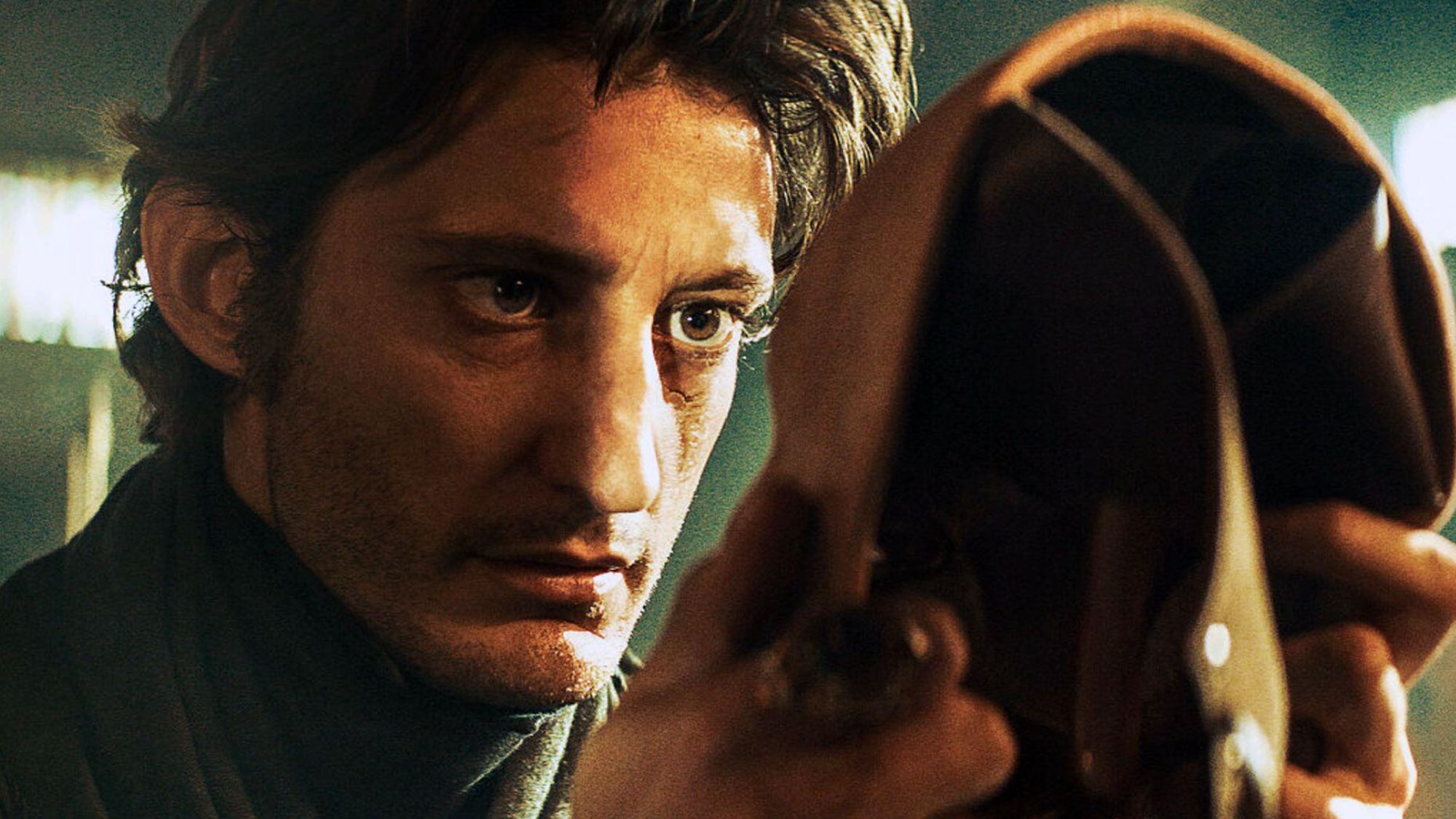 The Count of Monte Cristo review: 'indecently spectacular' adaptation
The Count of Monte Cristo review: 'indecently spectacular' adaptationThe Week Recommends Dumas's classic 19th-century novel is once again given new life in this 'fast-moving' film
-
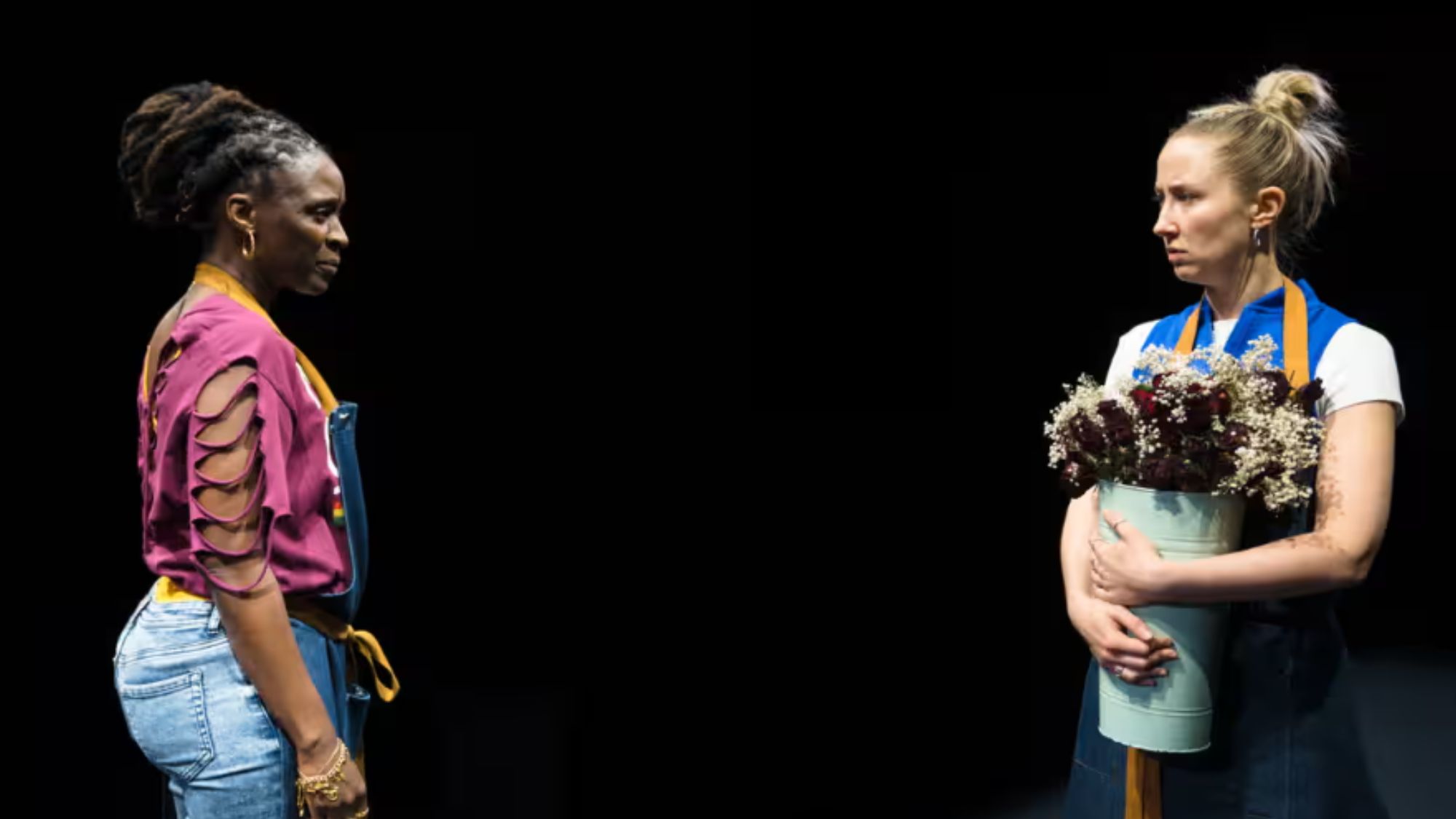 Death of England: Closing Time review – 'bold, brash reflection on racism'
Death of England: Closing Time review – 'bold, brash reflection on racism'The Week Recommends The final part of this trilogy deftly explores rising political tensions across the country
-
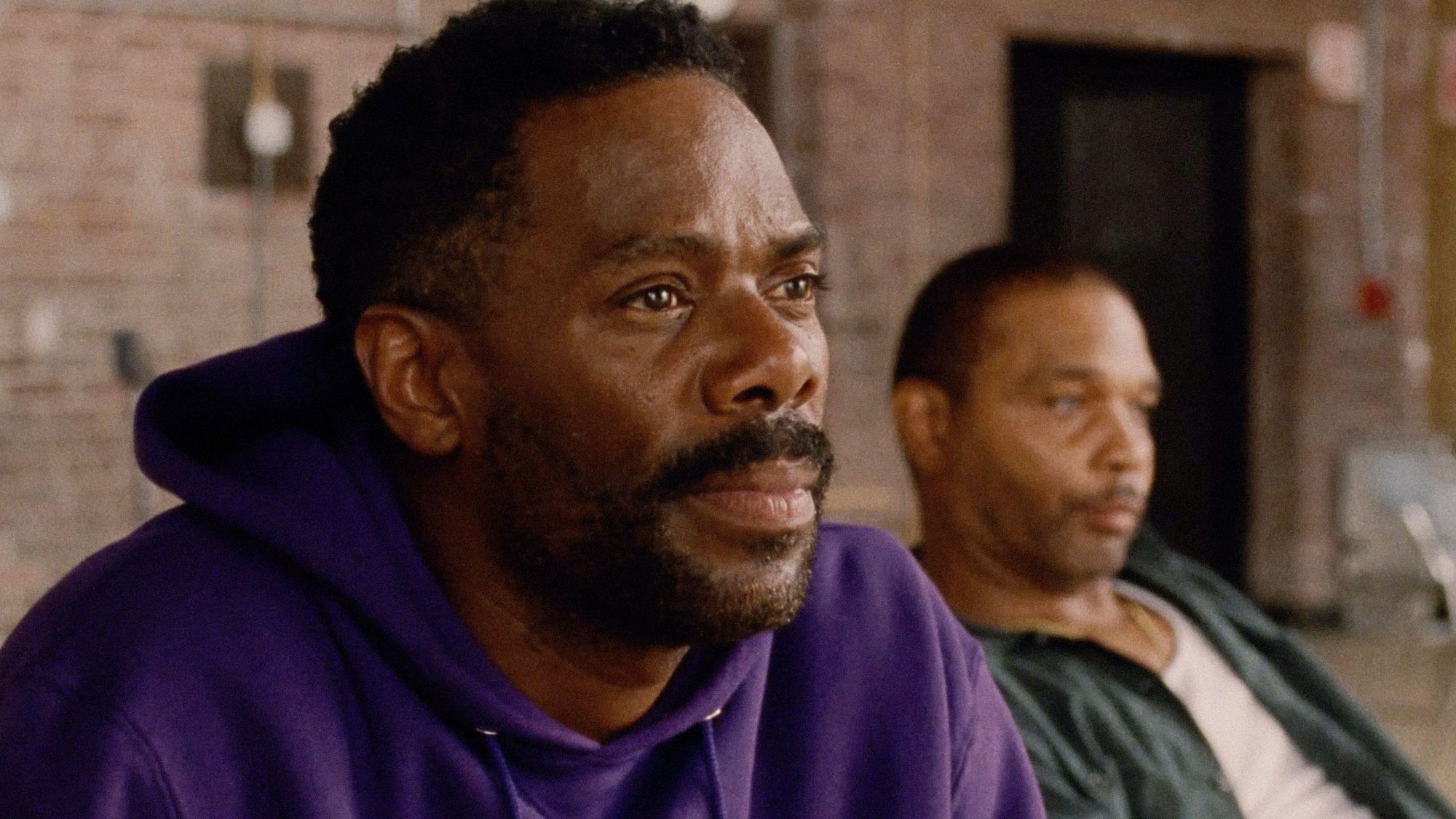 Sing Sing review: prison drama bursts with 'charm, energy and optimism'
Sing Sing review: prison drama bursts with 'charm, energy and optimism'The Week Recommends Colman Domingo plays a real-life prisoner in a performance likely to be an Oscars shoo-in
-
 Kaos review: comic retelling of Greek mythology starring Jeff Goldblum
Kaos review: comic retelling of Greek mythology starring Jeff GoldblumThe Week Recommends The new series captures audiences as it 'never takes itself too seriously'
-
 Blink Twice review: a 'stylish and savage' black comedy thriller
Blink Twice review: a 'stylish and savage' black comedy thrillerThe Week Recommends Channing Tatum and Naomi Ackie stun in this film on the hedonistic rich directed by Zoë Kravitz
-
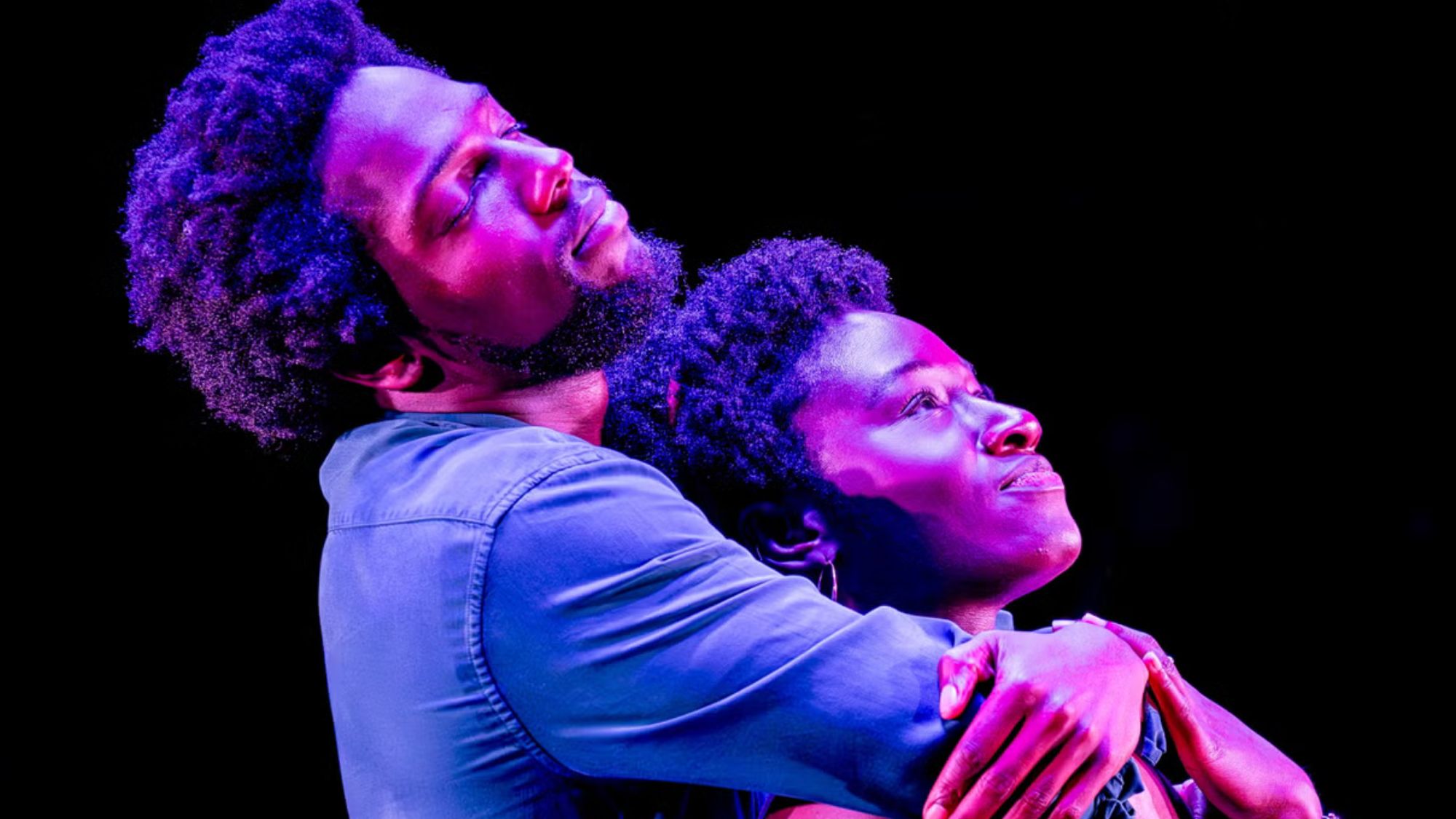 Shifters review: 'beautiful' new romantic comedy offers 'bittersweet tenderness'
Shifters review: 'beautiful' new romantic comedy offers 'bittersweet tenderness'The Week Recommends The 'inventive, emotionally astute writing' leaves audiences gripped throughout
-
 How to do F1: British Grand Prix 2025
How to do F1: British Grand Prix 2025The Week Recommends One of the biggest events of the motorsports calendar is back and better than ever